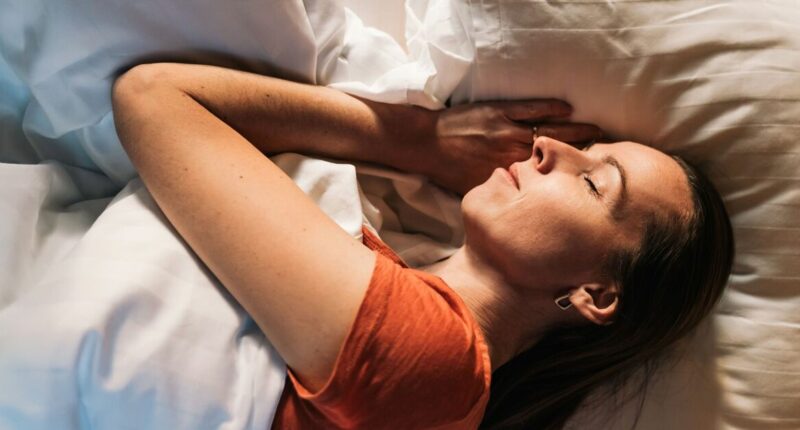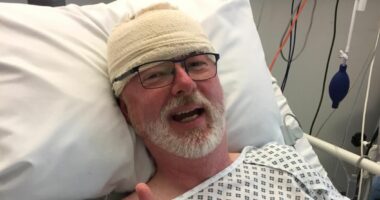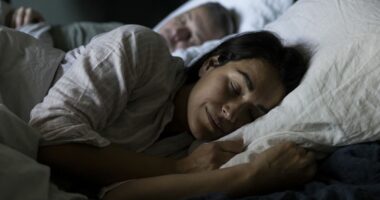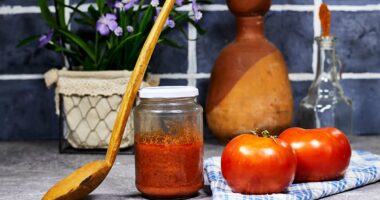Share this @internewscast.com
The hustle and bustle of the Christmas season can intensify sleep disturbances, a concern particularly relevant for the one in three adults experiencing insomnia. However, according to Dr. Clare Rooms, a sleep expert and general practitioner, minor adjustments to our daily habits can significantly enhance our sleep quality.
Dr. Rooms, who serves as the clinical lead for insomnia at Boots Online Doctor, emphasizes that while occasional sleep disruptions during the festive season are normal, it is crucial to be vigilant for signs of more persistent sleep disorders. She notes that these can include ongoing sleep difficulties lasting more than two weeks, fatigue that hampers daily activities, symptoms that persist despite efforts to improve sleep hygiene, or the onset of anxiety at bedtime.
Dr. Rooms offers five key strategies to promote better sleep:
- Don’t stay in bed awake: If you can’t fall asleep within 20 minutes, get up and do something relaxing, like reading. Lying awake in bed can ‘train’ your brain that bed’s for being awake, making sleep difficulties worse.
- Keep a consistent wake-up time: Even during the holidays, try to get up at the same time every day. Lie-ins might feel good, but they can mess with your sleep cycle.
- Limit alcohol before bed: Alcohol can reduce the restorative REM phase of sleep, make you restless and increase snoring.
- Avoid heavy meals close to bedtime: A light snack’s fine, but heavy meals can raise blood sugar, cause overheating and trigger indigestion.
- Get fresh air and exercise: Exposure to daylight helps regulate melatonin levels, and physical activity — even a walk after Christmas lunch — supports good sleep patterns.
In response to these widespread sleep challenges, Boots Online Doctor has introduced a new Insomnia Treatment service. This service is designed to provide individuals battling chronic sleep issues with expert advice and treatment solutions within 24 hours.
The program features an extensive questionnaire that clinicians review to craft a personalized treatment plan, which may involve prescription medications. It also offers practical guidance on improving sleep hygiene and directs users to resources for Cognitive Behavioral Therapy for Insomnia (CBT-I).
The service also provides practical sleep hygiene guidance and points to Cognitive Behavioural Therapy for Insomnia (CBT-I) resources.
Dr Rooms added: “In the long-term, insomnia affects more than your sleep — it can impact your health, relationships, and even your career. It’s important not to ignore persistent sleep difficulties, as effective support is available.”














